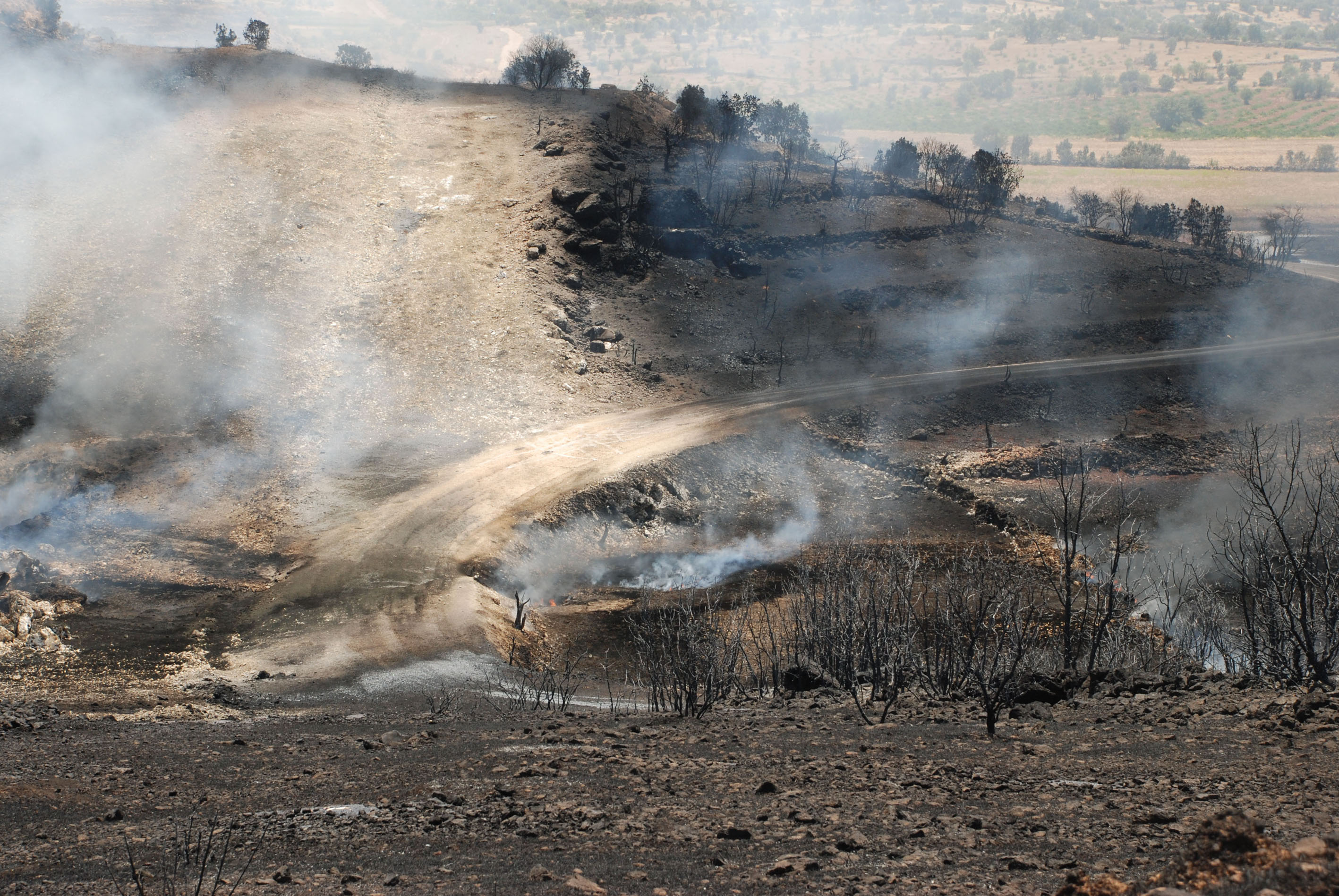CAIRO: Roundtable talks held Wednesday at the National Council for Human Rights discussed ways in which to lobby its proposed amendments to Law 106 of year 1976 that deals with the regulation of construction work.
Based on values of equal citizenship rights and a unified state detailed in the Constitution and echoed in the recent constitutional amendments, a proposed amendment to Law 106 aims to unify regulations for the construction of places of worship.
It suggests that equal conditions be made for the construction of all types of religious sites.
The Articles stipulate that permits be issued after religious institutions collaborate with administrative bodies as well as security authorities to assess each given case an allocated time period to approve a construction permit. If a permit is denied, due reason is to be given.
The legislation also suggests the creation of a unit in the High Administrative Court to deal with issues pertaining to constructing religious buildings.
The Council had previously put forth this proposed legislation in 2006 to the respective Cabinet of Ministers, People s Assembly, Shoura Council and Ministry of State for Legal and Parliamentary Affairs, with a further reminder a year later to no avail.
This meeting was therefore significant as high profile individuals unanimously agreed to lobby these legal amendments to the table of parliamentarians for discussion and approval before they break for the summer vacation.
Another outcome of the meeting was the agreement to accord the government to present the law to the People s Assembly to speed up and strengthen the procedure.
Also a significant outcome was that the legislation will be made into a separate law concerned with the construction of religious sites and not as part of existing law 106
Mohamed Fayek, head of the Civil and Political Rights Unit at the Council chaired the discussions that revolved around several issues.
Ahmed Maghrabi, Minister of Housing, Utilities and Urban communities, ensured the need to make room for religious buildings in the planning of new urban settlements.
Fears were voiced regarding the amount of power given to security in authorizing permits, and it was unanimously agreed that in spite of the essential role played by security, limitations were important.
Another concern was that the content of the law itself only addressed three sects of Christianity, but it was concurred that the major challenge lies in gearing society and media towards human rights.
Participants included Priest Yoanes of the Orthodox Church, lawyer and activist Abdallah Khalil, Gamal Shaher and other representatives from the Ministry of Interior, Ministry of Foreign Affairs, Ministry of Endowments, and Advisor to Ministry of Justice, former vice president of Al-Azhar, Anglican Church, and Orthodox Church; research centers academic institutions, political party representatives and media personnel in their personal capacity.
It is expected that this proposed legislation is to jolt further public controversy as it will place both religious institutions on an equal footing.
Prior to this law, Churches were required to fulfill 10 challenging conditions and obtain presidential authorization to make changes in Church construction.
And mosques do not need to follow difficult procedures to obtain a permit.
As the new legislation puts forth the same conditions for mosques and churches alike, many fear that this will facilitate the building of religious institutions and may encourage militant ideologies in places of worship. Others commend this legislation, arguing that an increase of religious places will increase the number of people who carry out religious duties due to geographical accessibility.
Others believe that new amendments will go against the Islamic religion which places no limitations on Muslim places of worship.
By codifying this piece of legislation a limitation will be placed on the building of mosques and churches built without permits.
Some of the articles stipulated in the draft law are not new and have been echoed before in the Presidential Decree 291/ 1995. The Decree introduced the transfer of the final approval for church construction from the president to the 27 governors.
The new law suggests the same procedure be followed to construct mosques and churches.
Past problems arose where approval of permits usually meant the need to establish strong personal relationships with authority, governorate leadership and local security officials who may not always exist.

